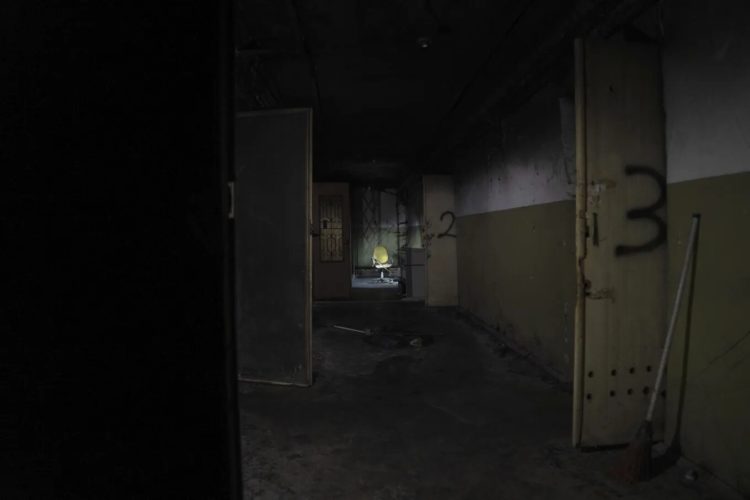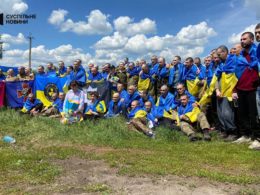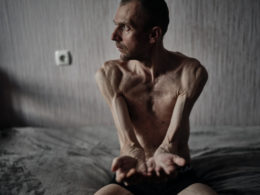A new report by the UN Human Rights Council's Independent International Commission of Inquiry on Ukraine has uncovered fresh evidence of widespread and systematic torture committed by Russian authorities against Ukrainian civilians and prisoners of war (POWs).
Over 95% of Ukrainian POWs held by Russia have been subjected to systematic torture, constituting a war crime. The abuses include beatings, electric shocks, starvation and extreme humiliation. In contrast, Russian POWs in Ukraine reportedly receive treatment in compliance with humanitarian laws, with unrestricted access for international monitors.
According to the commission's chair, Erik Møse, investigators documented new cases of torture, with most victims being men.
The report highlighted the use of sexual violence as a form of torture, particularly against male detainees, as well as incidents of rape targeting women in Russian-occupied villages.
The commission's findings reinforce previous conclusions that torture by Russian authorities has been both widespread and systematic. Common elements were identified across multiple detention facilities, suggesting a coordinated approach. These included consistent practices in detention centers, involvement of specific Russian services in torture, and the recurrent use of sexual violence.
Møse noted disturbing testimony indicating that some Russian officials openly endorsed brutal treatment. One witness recounted a Russian penitentiary official introducing himself to detainees by stating,
"I broke everyone and will do the same to you."
“The wide geographic spread of locations where torture was committed and the prevalence of shared patterns demonstrate that torture has been used as a common and acceptable practice by Russian authorities, with a sense of impunity,” Møse said.
The report also highlighted a concerning lack of medical assistance in many Russian-operated detention facilities.
In one particularly egregious case, former detainees described the aftermath of an explosion in the Olenivka prison, where at least 50 Ukrainian prisoners of war died without receiving immediate medical support.
“Ukrainian military doctors, detained in the colony, were the only ones attempting to deliver first aid during that night. They recounted assisting fellow soldiers, in the dark and without vital medical equipment, using the small amount of supplies remaining in their own first-aid kits and bed sheets for bandages. They saw many die that night, while the leadership of the Olenivka colony stood by and watched,” Møse shared.
The UN investigation gathered substantial evidence, including testimonies and satellite images, suggesting that the explosion was internal and not caused by a Ukrainian HIMARS strike as Russia claimed.
The commission emphasized the severe physical and psychological impact on victims, with many struggling to reintegrate into society.
"I was haunted by the fear of being imprisoned again. I am at home physically, but I still feel mentally imprisoned by the trauma inflicted upon me by the Russians,” one former prisoner of war described his challenges.
The report concludes by stressing the importance of continued investigations, identification of perpetrators, and accountability measures. It also calls for comprehensive support for victims and urges all parties to cooperate in addressing these critical issues.
Related:
- AP: UN investigation finds Olenivka attack planned by Russia
- More than 95% of Ukrainian prisoners of war tortured in Russia – UN Mission
- Toxic fumes and threats: Crimean Tatar political prisoners face torture in Russian detention
- Starvation, beatings, nails ripped out: Russia systematically tortures Ukrainian POWs till death





